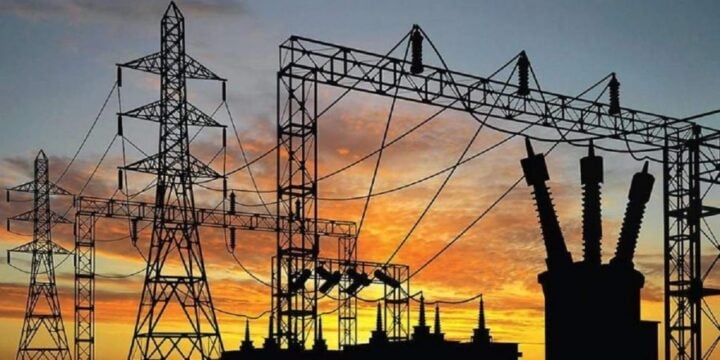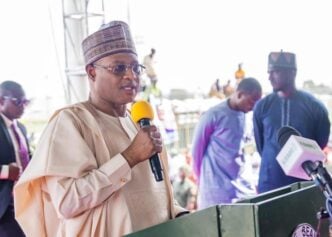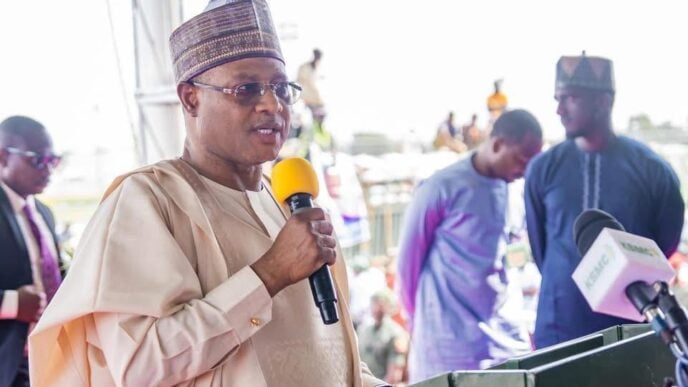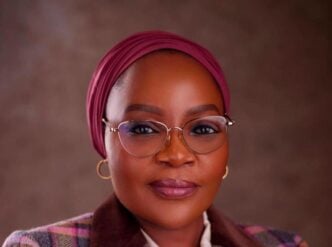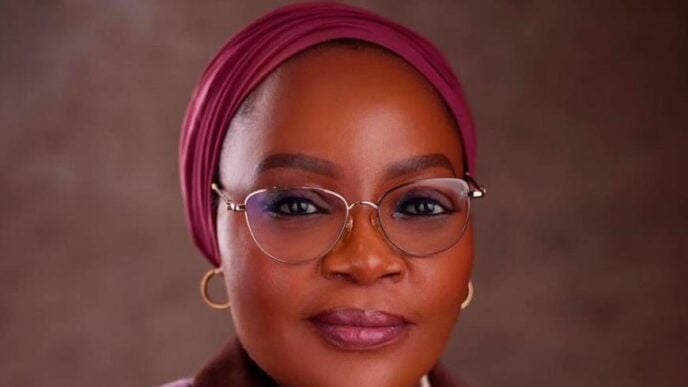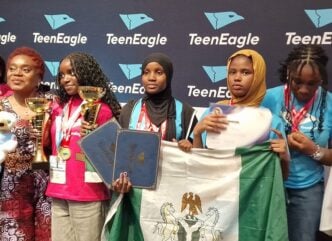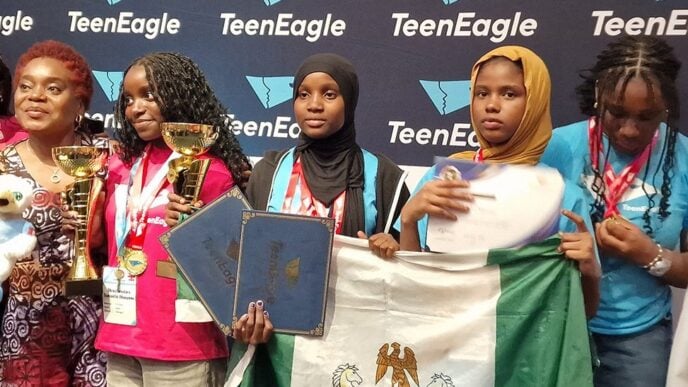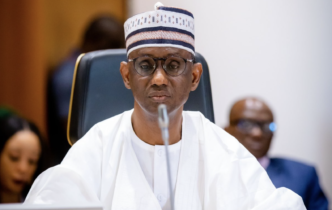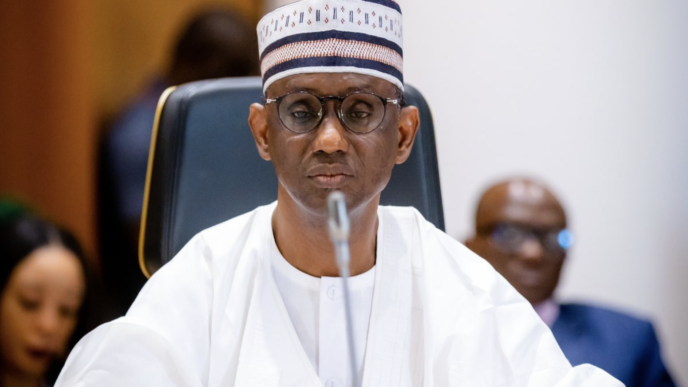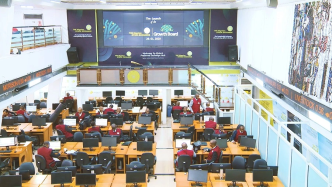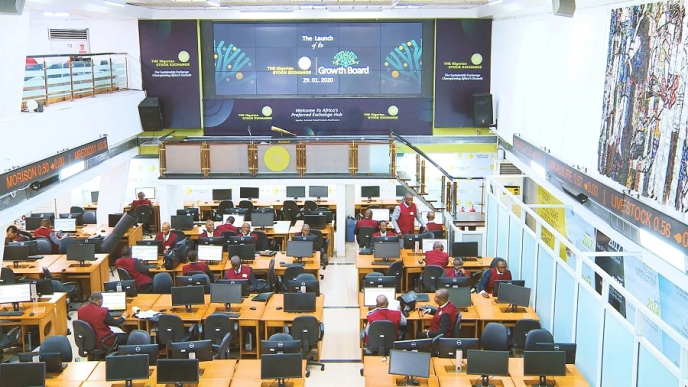BY EZENWA NWAGWU
The current debate about women’s reserved seats in Nigeria’s national assembly has once again reignited old conversations on political exclusion and whether legislative quotas can truly open the door to lasting inclusion.
While I believe that this is an urgent necessity, an existential challenge that must be confronted head-on, it is also my opinion that the debate opens an opportunity for a broader conversation that should go beyond a tokenistic approach.
For me, the real conversation must go beyond quotas. It must debate how to dismantle the cultural and structural barriers that keep women out of politics in the first place. This is the conversation I want to have.
Advertisement
Too often, I do not like gestures that feel tokenistic. So, my conversation is to not treat the reserve seat bill as a gift for women. I am more interested in a structured conversation that allows us to examine the real issues at play.
Let me begin by first admitting that at the core of this current debate is about expanding the democratic space in a country where politics has been built on exclusion.
But also, to add that we must expand the debate beyond the political spheres to various leadership positions, whether community or organisational positions.
Advertisement
If we reflect deeper, it is obvious that there’s a sense in which politics in Nigeria has been constructed around exclusion – exclusion for women, youths, and other vulnerable groups.
This, unfortunately, has expanded beyond just politics. For me, I have identified about four ways in which we exclude people from participation. One is ageism, where age has been deployed as an instrument of exclusion.
So, you hear people say, for instance, ‘I’m older than you.’ And you know we have proverbs that accentuate that exclusion. What an old man sits down to see. No matter how much the boy stands, he cannot see it.
Those are all exclusionary invocations that do not enable participation. And so, even constitutionally, we made it in such a way that for you to assume certain political offices, you must get to a certain age.
Advertisement
So, to be a president, you have to be 40 years old. To be a senator, you have to be 35 years old. To be a house of representatives member, you must be 30 years old. So, even when I have double PhDs at 39, the constitution, the law of our own country, just excludes you. So, you see what ageism is.
Then there is the cultural one. The negative deployment of culture as an instrument of exclusion. And that’s where the women come in. In many of our cultures, the role that has been given to women is to be in the background.
You are to be seen and not heard. So, this negative deployment of culture in a way that excludes people from participation is a huge challenge. The other one is debate. “Don’t talk.” Align. Even when you say, ‘Why should I align?’ You are dismissed, and so are those kinds of stereotypes.
Those stereotypes are the things that we need to deconstruct. One way to deconstruct them is to use legislative means and approaches to expand the democratic space.
Advertisement
There is also the political party structure. The parties are not democratic institutions in the true sense. They are owned by moneybags who decide who gets nomination forms, often placing a prohibitive price tag on participation — sometimes as high as N100 million to get a nomination form to run for president under a major party. This economic exclusion affects young people and women most severely.
My approach to this discourse is to address it like a classroom conversation, where we can compartmentalise the challenges and the solutions. What are the cultural challenges that inhibit women? What do we need to do about that?
Advertisement
First is to say that we have established the need to reserve seats for women. My position on this is that it is an existential necessity. But I insist that it is not a handout and should not be treated as a gift.
It is about the value that they bring. It makes no sense to lock out a good chunk of your country’s population through legislative and cultural barriers. You have a wife, you have sisters, and you have mothers.
Advertisement
What are those values, those intrinsic values, that you benefit from having these people in the home? What are those values that they bring in the home? Why can’t those values be translated to benefit the majority of our people? My point is that women bring values, empathy, perspective, and problem-solving skills that our politics desperately need.
Secondly, like I highlighted earlier, the women’s reserved seats proposal is one way to confront these barriers. I believe it is a good start. But I also believe that quotas are only a short-term fix.
Advertisement
Without a deeper cultural shift, the barriers will persist. The point I’m making is that quotas can open the door, but only a cultural shift can keep it open. We must dismantle those legislative barriers and the cultural barriers that I talked about to harness the intuitive nature of this category. Because, even when you liberalise the system as much as we say, it’s still not until you remove those stigmas and barriers, those things that inhibit a lot of women.
We cannot pretend that those limitations hindering women’s participation in politics and leadership are not real. What is the place of women? How do societies see women? I present a programme on TV.
One of the most difficult challenges I have is finding a woman resource person. Because there are some people that say, “Oh, I can’t come out at that time of the programme.” You see that. Why? Because it is not good for women to go out at night.
But where is it written that a woman can’t go out at night? But as a man, if they say the programme is at 8.30 pm, you can go. But we don’t go because we are men. We go because we have come to that socialisation that we have a responsibility. That woman may be thinking about the husband, may be thinking about the children, or may be thinking about what society will even think about her. So, it is a mindset conversation.
The response of the national assembly is that, “OK, why don’t you have some seats reserved?” But even when you reserve those seats, the women will still contest for it. This explains why I insist that the fundamental conversation must be to dismantle structures within our cultural mindsets that make it difficult for a woman to participate.
Reserved seats can help more women step in — but only if we also reform the political parties. We must lower the cost of contesting elections, dismantle internal zoning that locks women into “woman leader” roles, and increase women’s presence in decision-making bodies. Otherwise, they will continue to be absent when critical party decisions are made.
Thirdly, we must also sensitise our women. But this campaign must not be run like a donor-funded project.
We should learn from the Not Too Young To Run movement, which mobilised young people across the country — even in conflict zones — to push for constitutional change. This must be a grassroots movement involving both men and women across all states, creating national pressure that even reluctant lawmakers cannot ignore.
Also, we must encourage women to participate. Participation has to be from the point of interest. What are we doing to interest our women to get more involved, not just in elective positions but also in service positions? Nobody is going to come to your house to carry you.
You have to come out so that you can be known. We may complain about patriarchy. But in the days when it was an even more patriarchal environment, Hajiya Gambo Sawaba emerged.
Queen Amina emerged from there. Fumilayo Ramsone Kuti emerged from there. Margaret Ekpo emerged from a more patriarchal system. So, if the women decide to tiptoe out of existence, it’s now their problem.
To conclude, I would say that if an obstacle is placed in front of you, the response should not be to admire or normalise it, and certainly not to celebrate it. The goal must always be to remove it.
Yet, too often, we deodorise the obstacle. We make it look less harmful than it truly is.
We spend endless hours lamenting, talking, and complaining until the obstacle becomes part of the scenery. But an obstacle, no matter how dressed up, remains an obstacle.
Real progress demands that we shift it, dismantle it, and clear the path so that every citizen — woman or man — can move forward without barriers.
Ezenwa Nwagwu is the executive director, Peering Advocacy and Advancement Centre in Africa (PAACA)
Views expressed by contributors are strictly personal and not of TheCable.

